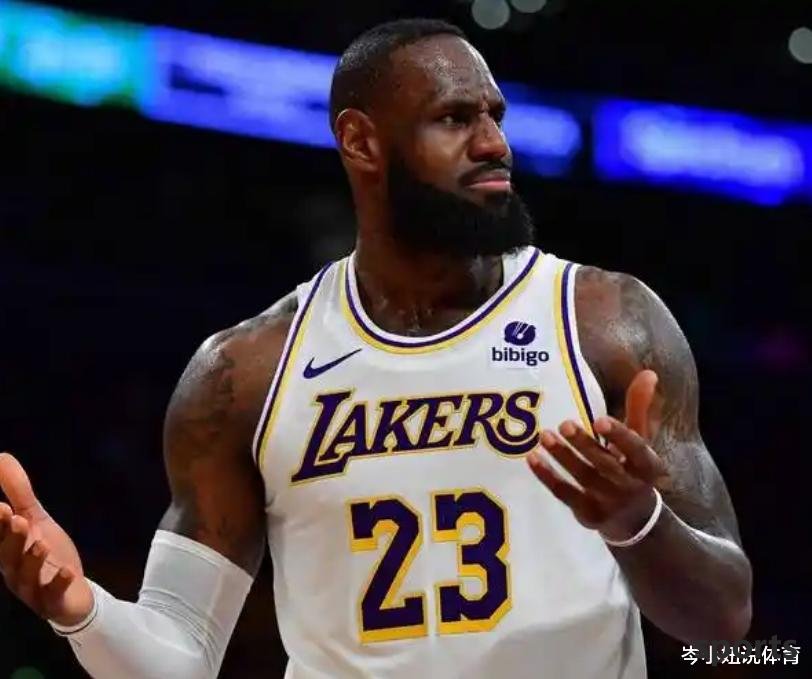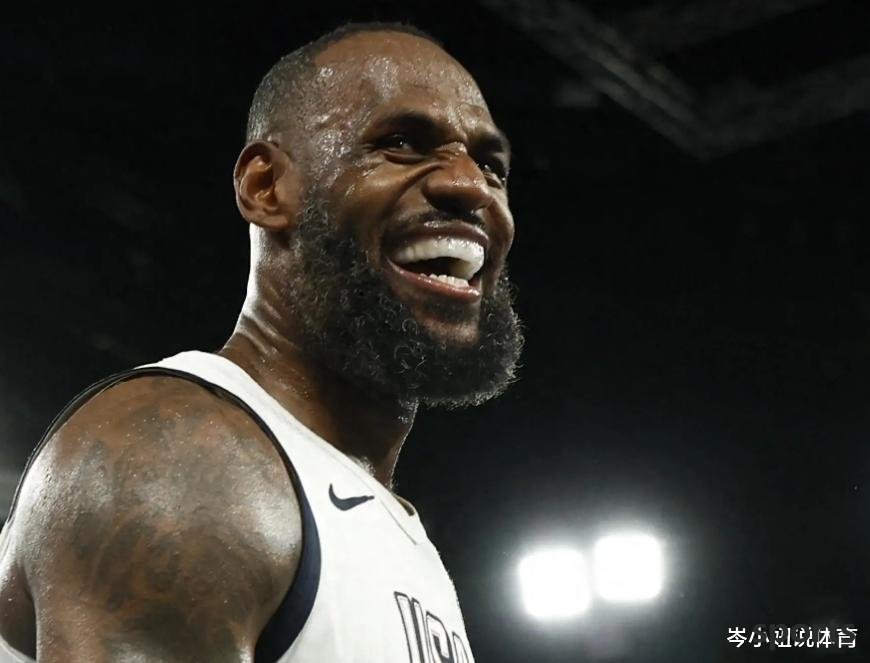The most unwise decision of James career is to join the Heat, and his reputation is bad
On June 15, LeBron James announced his "decision" to join the Miami Heat through ESPN live broadcast in the summer of 2010, and is still one of the most controversial transfer events in NBA history. This seemingly savvy career choice has shaken the moral foundation of professional sports on a deeper level, and its negative impact has even surpassed the short-term glory brought by two championships. When the son of Akron said in front of the TV camera, "I will bring my talent to South Beach," he not only betrayed the grace of his hometown team, but also tore the most precious competitive spirit of professional athletes. James has proved his strength as an all-time superstar in the first seven years with the Cavaliers. In 2007, he led the team to the finals with a single core. Although he was swept by the Spurs, his age at 23 makes the future full of possibilities. In 2009, he won the regular season MVP and won this honor again in 2010. The Cleveland management did make mistakes in signings, but James' choice to team up with two other All-Stars at his peak is essentially a challenge to the principle of fair competition in competitive sports. The establishment of the three Heat giants set a bad precedent for "stars gathering", which directly led to incidents such as Durant's 73-winning Warriors, completely changing the league's competitive ecology. This artificially created super team further compresses the living space of small and medium-sized teams. From the perspective of commercial value, this transfer is a disaster. According to Forbes statistics, within 24 hours after James announced his decision, his jersey sales plummeted by 60%, and the stock price of endorsement brand Nike fell by 3%. Although the famous open letter from Cavaliers owner Gilbert was emotional, it did reflect the voice of most fans: "This narcissistic and selfish performance, coupled with the ruthless betrayal, made tonight the most painful moment in Cleveland sports history. "What's more ironic is that James during the Heat never really won the hearts of Miami fans - after the 2014 Finals, the audience who left the field early is proof of it. From the competitive perspective, the success of the Heat during the Heat was also seriously overestimated. The abnormal performance against the Mavericks in the 2011 Finals exposed James' psychological fragility in a high-pressure environment. He averaged only 17.8 points per game, and in the fourth game he made only 3 of 11 shots. Even though he won the championship twice in 2012 and 2013, his opponents were obviously not good enough: the young Thunder three young masters lacked experience in the finals, and the elderly Spurs were able to avoid being reversed by Ray Allen's magical three-pointer. Compared with the strong opponents such as the "Bad Boys Legion" of Jordan defeated during his two consecutive championships, the value of the Heat's two championships has always been questioned. The loss at the moral level is even more profound. James deliberately imitated Jordan's championship celebration during the Heat, but he could never replicate that pure competitive spirit. After winning the championship in 2013, he said in an interview: "I finally proved that I am not just a player who can collect data." This sentence just exposed his anxiety - he needs to use the championship to verify himself, rather than enjoying the competition itself. This utilitarian thinking is in sharp contrast to Russell's 11-winning team-first team-first and Jordan's never-saying killer instinct. When athletes regard winning the championship as a "proof" rather than a natural result, the competition loses its most moving purity. The loss of Historical status is incalculable. Assuming that James is old and even if he only wins one championship, his legend will be completely different. Why is Nowitzki's story of winning the single-core championship in 2011 so moving? Because it shows the classical heroic narrative of athletes growing together with the city and finally realizing their dreams. When Jordan chose to retire for the second time after the sixth championship in 1998, he said: "If I can't play with the same passion, it's time to leave." This kind of persistence in competitive principles is the ultimate footnote for great athletes. Looking back at James' career, returning to the Cavaliers in 2014 is a kind of correction to the "decision". The first championship for Cleveland in 2016 did bridge some of the rifts, but once the trust in business sports is broken, it is difficult to completely repair. The contemporary NBA is becoming more and more like a well-designed business show rather than a competitive stage, and James' Heat career is a landmark event at this turning point. When fans recall the NBA in the second decade of the 21st century, perhaps the first thing that emerged was not the champions, but the scene of stars taking shortcuts to form teams - and this is the deepest scar left by James to basketball. 

- Recent Posts
-
- The Kumingga farce is getting
- Lin Wei, Zeng Fanbo missed the
- James may announce his retirem
- Perkins: The era of dream-chas
- The battle of life and death h
- Li Yueru has less and less pla
- 76ers reporter revealed: Embii
- 7 of 8 scored 17+8! Majora: Ke
- Help Jaylen Green take over? U
- Bill: I respect the Suns very
- Hot Posts
-
- Lin Zhijie s current situation
- The Celtics are on sale! Zhu H
- Intercepting Boss Hu Cai, let
- Stockton: Malone is one of the
- Yu Jiahao joined La Liga and o
- Amen Thompson was selected for
- Cook: I witnessed James start
- Wuku Warriors are better than
- Change your fate against the w
- The Old Wolf King is in troubl
- Is it expected to enter the Ea
- The 20th major quarters are ou
- Lakers sign contract with the
- The embarrassing 1-1 in the fi
- He made key three-pointers in
- James is expected to form a te
- Doncic sings Redick: He is ver
- Clippers official praise "Welc
- He is clearly the sixth player
- Edwards made 64 free throws in
- search
-
- Links
-
